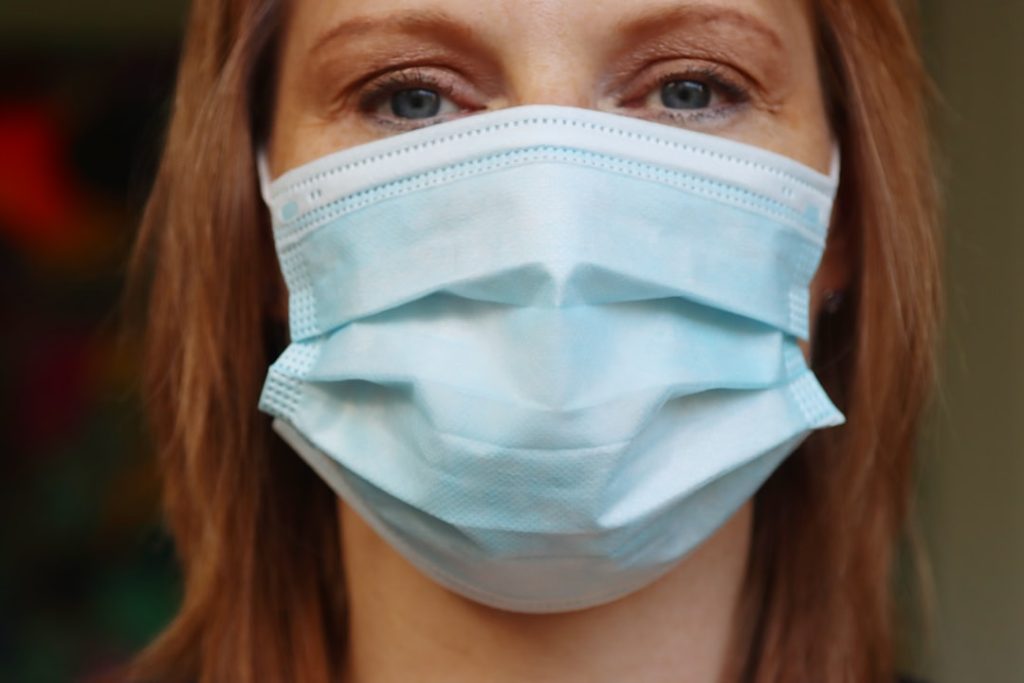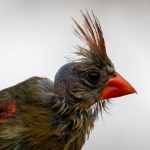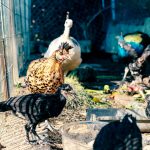Avian influenza, commonly called bird flu, is a highly infectious viral disease primarily affecting avian species. Certain strains can infect humans and other mammals. Transmission occurs through contact with infected birds, their excrement, or contaminated surfaces.
Multiple avian flu strains exist, varying in severity and lethality. The H5N1 strain is particularly virulent, with high mortality rates in both birds and humans. In birds, avian flu symptoms include respiratory distress, reduced egg production, and sudden death.
Human symptoms range from mild to severe, encompassing fever, cough, sore throat, and muscle pain. Serious complications like pneumonia and respiratory failure can occur. While not all avian flu strains affect humans, those that do present a considerable public health concern.
Table of Contents
- 1 Biosecurity Measures for Backyard Chickens
- 2 Vaccination and Testing
- 3 Proper Hygiene and Sanitation
- 4 Limiting Exposure to Wild Birds
- 5 Quarantine and Isolation
- 6 Seeking Veterinary Care
- 7 FAQs
- 7.1 What is avian flu?
- 7.2 How can backyard chickens be at risk of avian flu?
- 7.3 What are the symptoms of avian flu in chickens?
- 7.4 How can backyard chicken owners protect their flock from avian flu?
- 7.5 Can backyard chickens be vaccinated against avian flu?
- 7.6 What should backyard chicken owners do if they suspect avian flu in their flock?
Key Takeaways
- Avian flu is a highly contagious viral disease that affects birds, including chickens, and can also be transmitted to humans.
- Biosecurity measures for backyard chickens, such as limiting exposure to wild birds and disinfecting equipment, can help prevent the spread of avian flu.
- Vaccination and regular testing for avian flu can help detect and prevent the spread of the virus in backyard chicken flocks.
- Proper hygiene and sanitation, including regular cleaning of coops and equipment, are essential for preventing avian flu outbreaks.
- Limiting exposure to wild birds, such as keeping feed and water sources covered, can reduce the risk of avian flu transmission to backyard chickens.
- Quarantine and isolation of sick birds, as well as seeking veterinary care at the first sign of illness, are crucial for controlling avian flu in backyard flocks.
Biosecurity Measures for Backyard Chickens
Controlling Access and Movement
One essential aspect of biosecurity is limiting the movement of people, equipment, and other animals in and out of the chicken coop. This helps reduce the risk of introducing the virus to the flock.
Maintaining Good Hygiene and Sanitation
Another key biosecurity measure is maintaining good hygiene and sanitation practices. This includes regularly cleaning and disinfecting the chicken coop and equipment, as well as practicing proper handwashing techniques.
Monitoring Health and Isolating Sick Birds
Regularly monitoring the health of the birds is vital in detecting any signs of illness. Isolating sick individuals can prevent the spread of the virus within the flock. By implementing these biosecurity measures, backyard chicken owners can help protect their birds from avian flu and other infectious diseases.
Vaccination and Testing
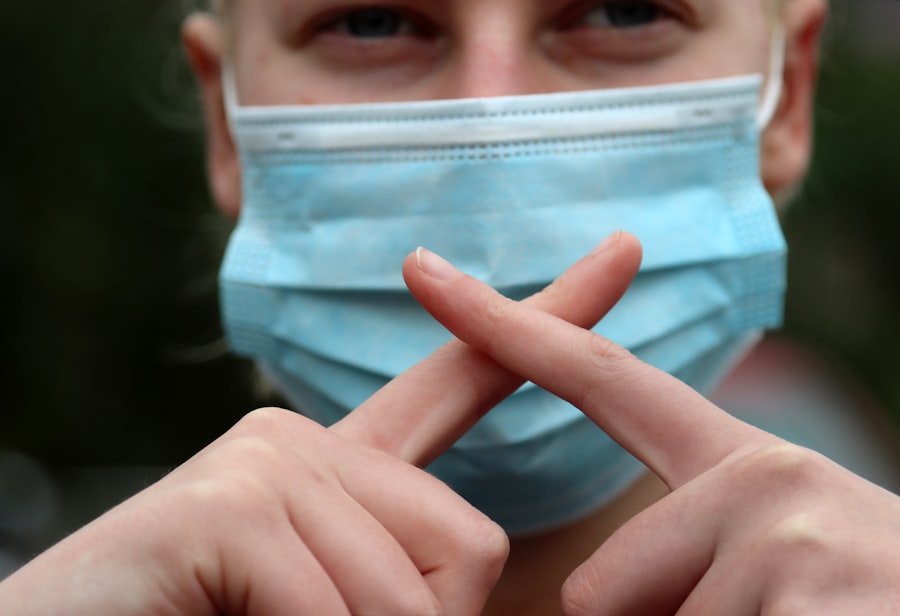
Vaccination is an important tool in preventing avian flu in poultry. There are several different vaccines available that can help protect chickens from specific strains of the virus. These vaccines work by stimulating the bird’s immune system to produce antibodies against the virus, reducing the likelihood of infection and disease.
It is important for backyard chicken owners to work with a veterinarian to determine the most appropriate vaccination strategy for their flock based on their location and the specific strains of avian flu that are prevalent in their area. In addition to vaccination, testing for avian flu can also be an important tool in preventing its spread. Regular testing can help identify infected birds early on, allowing for prompt isolation and treatment to prevent further transmission.
Testing can also provide valuable information about the prevalence of avian flu in a particular area, helping to inform vaccination strategies and other control measures. By combining vaccination and testing, backyard chicken owners can take proactive steps to protect their flock from avian flu.
Proper Hygiene and Sanitation
Maintaining proper hygiene and sanitation practices is crucial for preventing the spread of avian flu in backyard chicken flocks. This includes regularly cleaning and disinfecting the chicken coop and equipment to remove any potential sources of contamination. It is also important to practice good hand hygiene when handling the birds or their eggs, as well as when moving between different areas of the coop.
By implementing these practices, backyard chicken owners can help reduce the risk of introducing the virus to their flock. In addition to regular cleaning and disinfection, it is important to properly manage waste and litter in the chicken coop. This includes regularly removing soiled bedding and waste material to prevent the buildup of potentially infectious material.
Proper waste management can help reduce the risk of disease transmission within the flock and minimize the potential for environmental contamination. By maintaining good hygiene and sanitation practices, backyard chicken owners can help protect their birds from avian flu and other infectious diseases.
Limiting Exposure to Wild Birds
Wild birds can be carriers of avian flu and may introduce the virus to backyard chicken flocks. To reduce the risk of exposure, it is important to limit contact between domestic poultry and wild birds as much as possible. This can be achieved by using physical barriers such as netting or fencing to prevent wild birds from accessing the chicken coop or feed storage areas.
Additionally, it is important to avoid feeding wild birds near the chicken coop, as this can attract them to the area and increase the risk of disease transmission. Another important measure for limiting exposure to wild birds is to keep feed and water sources covered and protected from contamination. This can help prevent wild birds from accessing these resources and potentially introducing the virus to the flock.
By taking these steps to limit exposure to wild birds, backyard chicken owners can help reduce the risk of avian flu in their flock and protect their birds from potential infection.
Quarantine and Isolation
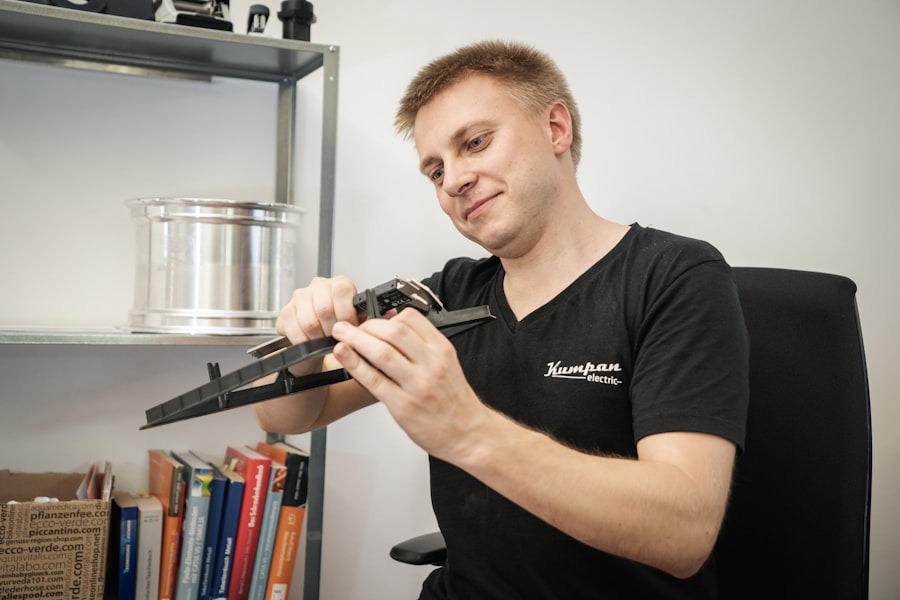
Isolating Sick Birds
If a bird is suspected of being infected with avian flu or any other contagious disease, it should be immediately isolated from the rest of the flock to prevent further transmission. This can be achieved by placing the sick bird in a separate enclosure or area away from healthy birds, ideally with its own food and water sources.
Quarantining New Additions
In addition to isolating sick birds, it is also important to quarantine new additions to the flock to prevent the introduction of infectious diseases. New birds should be kept separate from the existing flock for a period of time to monitor their health and ensure they are not carrying any contagious diseases.
Protecting the Health of Your Flock
By implementing quarantine and isolation measures, backyard chicken owners can help prevent the spread of avian flu within their flock and protect the health of their birds.
Seeking Veterinary Care
Seeking veterinary care is essential for managing avian flu in backyard chicken flocks. If a bird is suspected of being infected with avian flu, it is important to seek prompt veterinary attention to confirm the diagnosis and determine the most appropriate course of action. A veterinarian can provide guidance on isolation and treatment options, as well as offer advice on biosecurity measures to prevent further transmission within the flock.
In addition to seeking care for sick birds, it is also important to consult with a veterinarian for guidance on vaccination strategies and testing protocols for avian flu. A veterinarian can provide valuable expertise on disease prevention and control measures tailored to the specific needs of a backyard chicken flock. By working closely with a veterinarian, backyard chicken owners can take proactive steps to protect their flock from avian flu and other infectious diseases.
In conclusion, avian flu poses a significant threat to backyard chicken flocks and requires proactive measures to prevent its spread. By understanding the nature of avian flu, implementing biosecurity measures, utilizing vaccination and testing, maintaining proper hygiene and sanitation, limiting exposure to wild birds, practicing quarantine and isolation, and seeking veterinary care, backyard chicken owners can help protect their flocks from this potentially devastating disease. It is essential for all poultry owners to be vigilant in their efforts to prevent avian flu and prioritize the health and well-being of their birds.
If you’re looking for more information on keeping backyard poultry safe, you might be interested in this article on renting a chicken coop. It’s important to take all necessary precautions to protect your flock from avian flu, and having a secure coop is just one of the many steps you can take to keep your chickens safe and healthy.
FAQs
What is avian flu?
Avian flu, also known as bird flu, is a highly contagious viral disease that primarily affects birds. It can be transmitted to humans and other animals, and in some cases, it can be fatal.
How can backyard chickens be at risk of avian flu?
Backyard chickens can be at risk of avian flu if they come into contact with infected wild birds, contaminated water sources, or other infected poultry. The virus can also be spread through contaminated equipment, clothing, and shoes.
What are the symptoms of avian flu in chickens?
Symptoms of avian flu in chickens can include sudden death, lack of energy or appetite, decreased egg production, respiratory distress, and swelling of the head, eyelids, comb, and wattles.
How can backyard chicken owners protect their flock from avian flu?
Backyard chicken owners can protect their flock from avian flu by practicing good biosecurity measures, such as keeping their chickens away from wild birds, regularly cleaning and disinfecting their coop and equipment, and limiting visitors to their flock.
Can backyard chickens be vaccinated against avian flu?
There is currently no commercially available vaccine for avian flu in backyard chickens. However, chicken owners can consult with a veterinarian to discuss any available options for protecting their flock.
What should backyard chicken owners do if they suspect avian flu in their flock?
If backyard chicken owners suspect avian flu in their flock, they should immediately isolate the affected birds, contact their local veterinary authority, and follow their guidance for testing and containment. It is also important to report any suspected cases of avian flu to the appropriate authorities.
Meet Walter, the feathered-friend fanatic of Florida! Nestled in the sunshine state, Walter struts through life with his feathered companions, clucking his way to happiness. With a coop that’s fancier than a five-star hotel, he’s the Don Juan of the chicken world. When he’s not teaching his hens to do the cha-cha, you’ll find him in a heated debate with his prized rooster, Sir Clucks-a-Lot. Walter’s poultry passion is no yolk; he’s the sunny-side-up guy you never knew you needed in your flock of friends!

